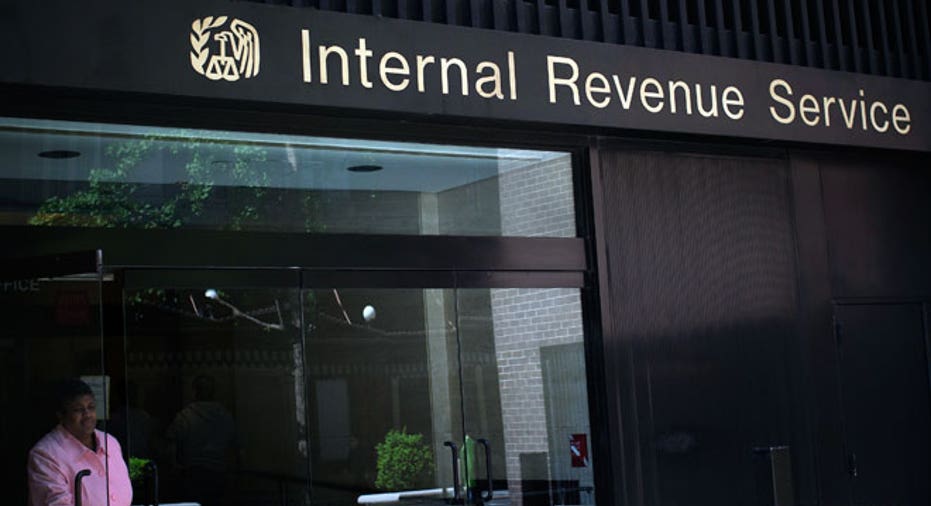Changes Within the IRS

Last week Internal Revenue Service commissioner John Koskinen reported to a congressional subcommittee about certain upcoming changes within the Internal Revenue Service. Much of the discussion pertained to the IRS’s progress on the Affordable Care Act (ACA) and the impact of the new regulations for next tax season.
Taxpayers are constantly promised tax reform and simplification; however, it appears the opposite is what occurs. The ACA has created new complexities within the tax code. If you have applied for and received health insurance through an exchange and if you are qualified for the Premium Tax Credit, a new tax subsidy for premium payment, you will likely find preparation of your tax return a bit more daunting and the preparation fee likely higher than last year’s due to the extra work involved in preparing it..
Koskinen has released the draft of a new tax form, Form 8962 Premium Tax Credit, to report the Premium Tax Credit. Also released is Form 1095-A Health Insurance Marketplace Statement, which is an informational document much like a 1099. It provides premium payment information to help tax payers and tax professionals reconcile and complete Form 8962. Finally, completion of Form 8965 Health Coverage Exemptions will also be required if you are eligible for an exemption from ACA.
If you don’t have health insurance coverage and don’t qualify for an exemption, you will be required to make a payment of “shared responsibility payment.”
For information on the Affordable Care Act, watch this YouTube video: https://www.youtube.com/user/irsvideos
Koskinen also shared with the subcommittee concerns regarding IRS customer service. With budget cuts in prior years, service has been drastically and abysmally reduced. I can remember years ago calling the Practioner Hotline and speaking with a real life individual after two rings of the phone. Resolving issues took very little time compared to what tax professionals experience today. Now the “average wait time” is announced by automaton as generally 30 to 60 minutes and often times more than 60 minutes.
Resolving even the simplest issue may take more than an hour of speaking with the IRS agent who answers the phone. And it may require more than one phone call if they desire follow up information.
And this is considered preferential treatment offered to tax practitioners. I’ve heard stories from clients of wait times of over two hours. And with continuing budget constraints and taxpayers needs to get information about ACA reporting, 2015 will be a year of increased call volume.
Koskinen is pushing for this to end. He is requesting a larger budget for 2015. He states, “Addressing phone service waits, as well as the various operational and staffing shortages across the IRS, begins with the administration’s fiscal year 2015 budget request. Within this request there is new IRS funding, including the amount provided in the Opportunity, Growth, and Security Initiative, that would go towards taxpayer service programs. We estimate this would allow us to hire enough additional employees to answer 12 million more taxpayer calls. This increase in calls answered would amount to a level of phone service of more than 80 percent, which would be a significant improvement over the FY 2013 level. The additional calls answered would include calls from those seeking help with the tax-related provisions of the ACA as well as the expected tax extender legislation. If we do not receive the requested funding and cannot hire the additional personnel necessary to handle our call volume, we estimate our level of phone service next year would decline significantly. We will be watching developments in the budget process closely, in the hopes that Congress will ultimately provide adequate resources for the IRS for the next fiscal year.”
We’ll see.



















